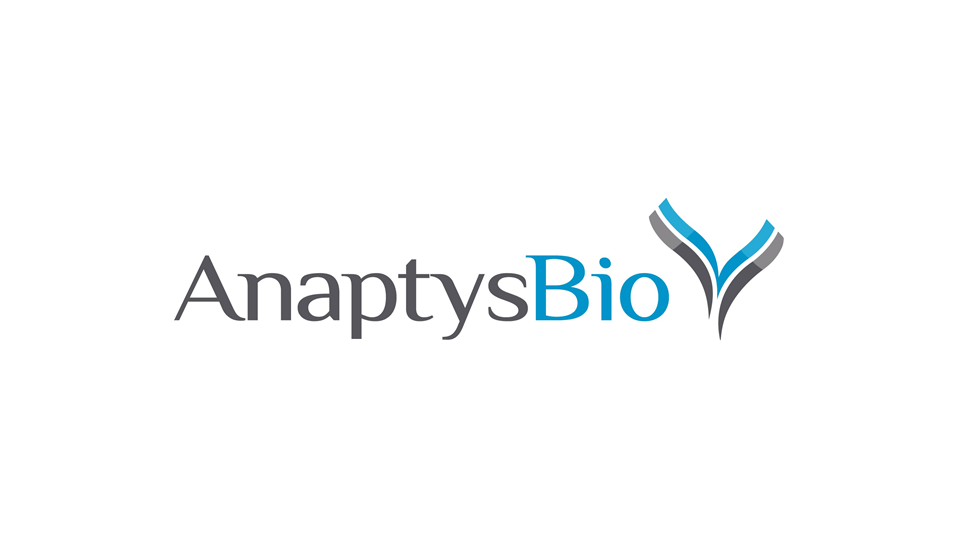AnaptysBio draws a bead on Bayer’s Spevigo after phase 3 win

After disappointing results in other indications, AnaptysBio has a route to market with its IL-36 receptor inhibitor imsidolimab in a rare and life-threatening form of the skin disorder psoriasis.
The phase 3 GEMINI-1 trial of imsidolimab in generalised pustular psoriasis (GPP) met its main objective of rapid clearance of the eruptions of painful blisters and other skin symptoms that characterise the disease after a single 750 mg intravenous dose.
Armed with the data, AnaptysBio is planning to file for approval of the drug for GPP next year, chasing after Boehringer Ingelheim’s IL-36 drug Spevigo (spesolimab) which became the first GPP therapy to be approved by the FDA just over a year ago.
Currently, other drugs that inhibit other cytokines, including TNF, IL-17 and IL-23, are used off-label to support patients experiencing a flare, but there is limited evidence for their efficacy.
AnaptysBio is only providing topline results for the time being but said 53% of 15 patients treated with the 750 mg dose of imsidolimab had clear or almost clear skin after four weeks as measured by the Generalised Pustular Psoriasis Physician Global Assessment (GPPPGA) scale, compared to 13% of 15 patients treated with placebo. So far it has not released data on a third 15-subject arm looking at a lower 300 mg dose of the antibody.
The drug had a favourable safety and tolerability profile with no increase in infections or drug-related complications known to be associated with some immunotherapies.
There was one case of antibodies forming against imsidolimab, a perennial problem that can afflict large-molecule therapies like antibodies, but they did not neutralise the effects of the drug.
The results look comparable to the benefit seen with Spevigo in the EFFISAYIL 1, which underpinned its approval, but AnaptysBio has no intention to take on Boehringer, which is already running trials of its drug as a maintenance therapy for GPP.
The San Diego-based biotech will instead try to out-license imsidolimab to another company and re-invest the proceeds into the rest of its pipeline, including PD-1 agonist rosnilimab in development initially for rheumatoid arthritis and BTLA agonist antibody ANB032 for atopic dermatitis (AD).
Recently, AnaptysBio said that it will start a phase 2b trial of rosnilimab in RA and a phase 2 study in another as-yet undisclosed indication before the end of the year.
Imsidolimab has fallen behind in its priorities since it failed earlier mid-stage studies in hidradenitis suppurativa and acne, but a licensing deal could help AnaptysBio fund its next phase of clinical trials, which also includes an ongoing phase 2b study of ANB032 in moderate-to-severe (AD).
AnaptysBio ended the second quarter with cash reserves of $489 million and has said it expects to end the year with $380 to $395 million, enough to last the company through to the end of 2026.













